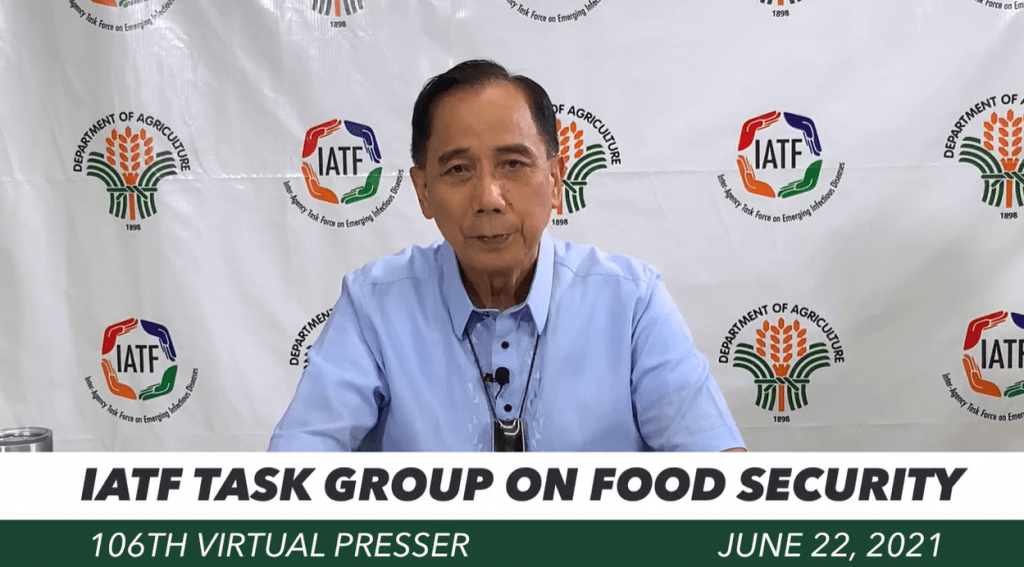News
Urban residents urged to grow food as global food crisis looms

MANILA – Agriculture Secretary William Dar urged the public on Wednesday to help increase food production in the country by trying urban farming methods, as he warns of a looming global food crisis.
In the Laging Handa public briefing, Dar said the community should help the farmers and fishers to ensure food sustainability in the coming months.
“We must be prepared, each Filipino, if possible, let’s all plant, raise, fish, here in urban areas. If there’s a way to increase the production of our farmers and fishers, let’s do it. We also have to do it, we, as citizens, the planitito, and plantita,” he said in mixed Filipino and English.
Symptoms of the brewing crisis are slowly felt through increasing farm input prices, for instance, several prices of fertilizers have tripled, while prices for some poultry feeds have doubled.
“We are looking at the second semester of the year. Are you seeing the input prices? There are limited sources in the global food market, and so we should have advanced planning, so that’s why we have been warning and doing solutions,” he said in Filipino.
Dar, meanwhile, clarified that the country has a sufficient supply of rice, vegetables, and fish for now. However, he said the next administration must put a premium on cushioning the impact of the inevitable limitation of food resources, considering the effects of the pandemic and the continuing Ukraine-Russia conflict.
He then reiterated the next administration’s deep need to adopt and strengthen the National Agriculture and Fisheries Modernization and Industrialization Plan (NAFMIP), mentioning it may materialize the potential of the Philippines to be a “mega-industry for agriculture.”
In the global setting, an estimated 1.7-billion people, the majority from developing economies, are expected to suffer greatly from “food insecurity, energy prices, and debt burdens,” according to the United Nations (UN) Task Team for the Global Crisis Response Group.
“Given elevated levels of socioeconomic stress following the COVID-19 crisis and unfolding impacts of climate change, just one of these channels is enough to trigger collapse – debt distress, food shortages, or blackouts. Of these 1.7 billion people, 553 million are already poor, and 215 million are already undernourished,” the task team indicated in their April 2022 report.
The UN also noted that with the leading role of Russia and Ukraine in supplies of food, energy, and fertilizer, 107 economies will be affected, including 38 economies in Asia and the Pacific.





















